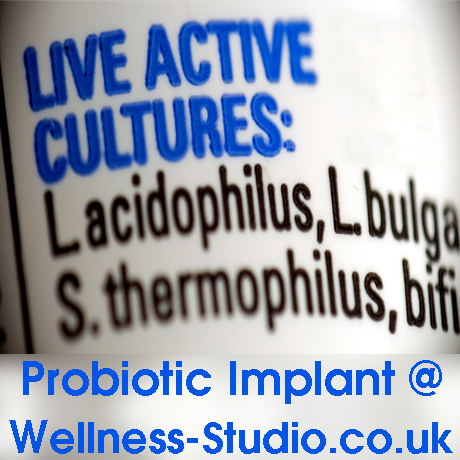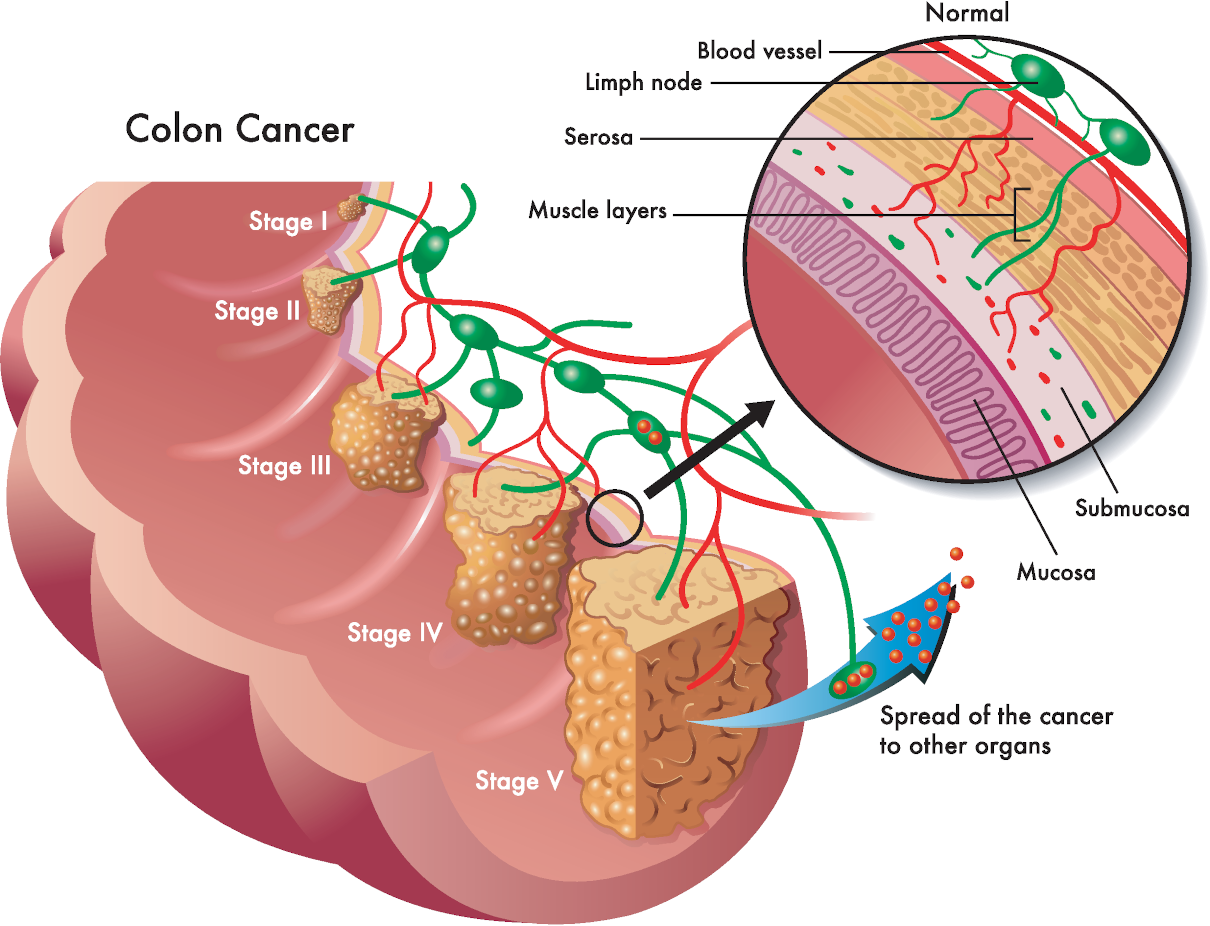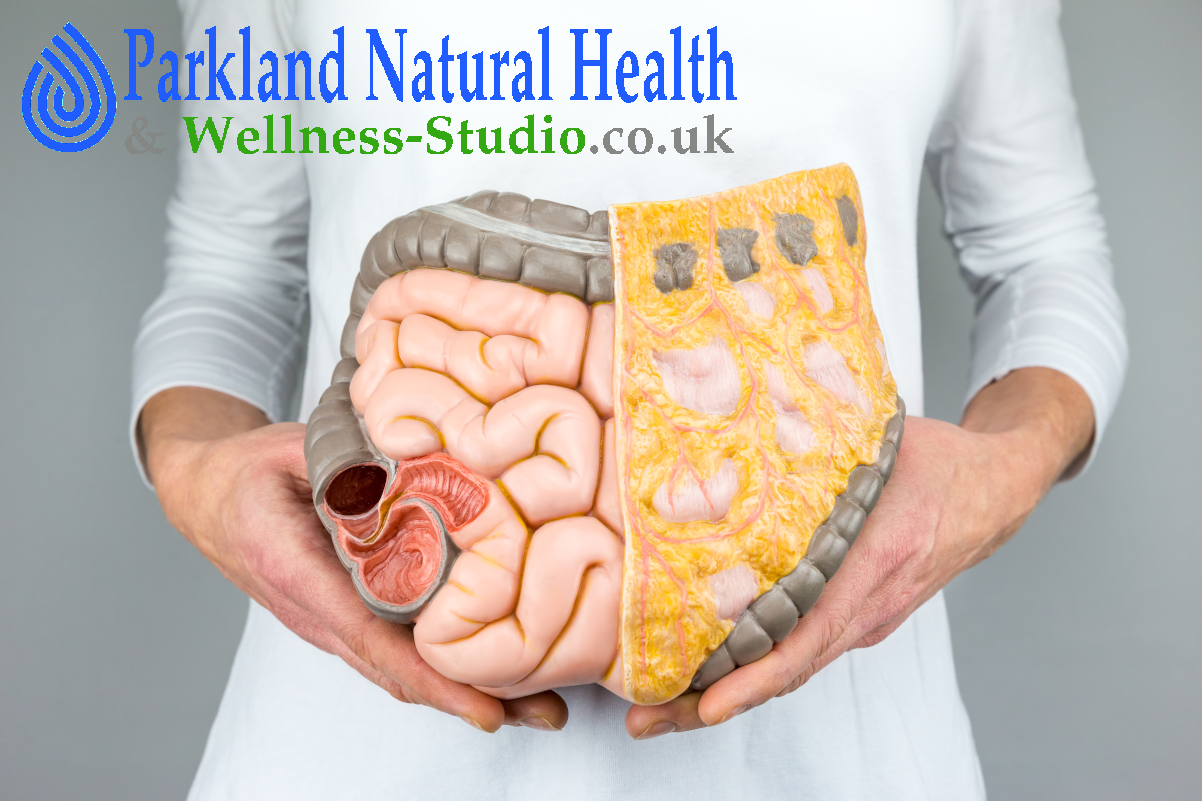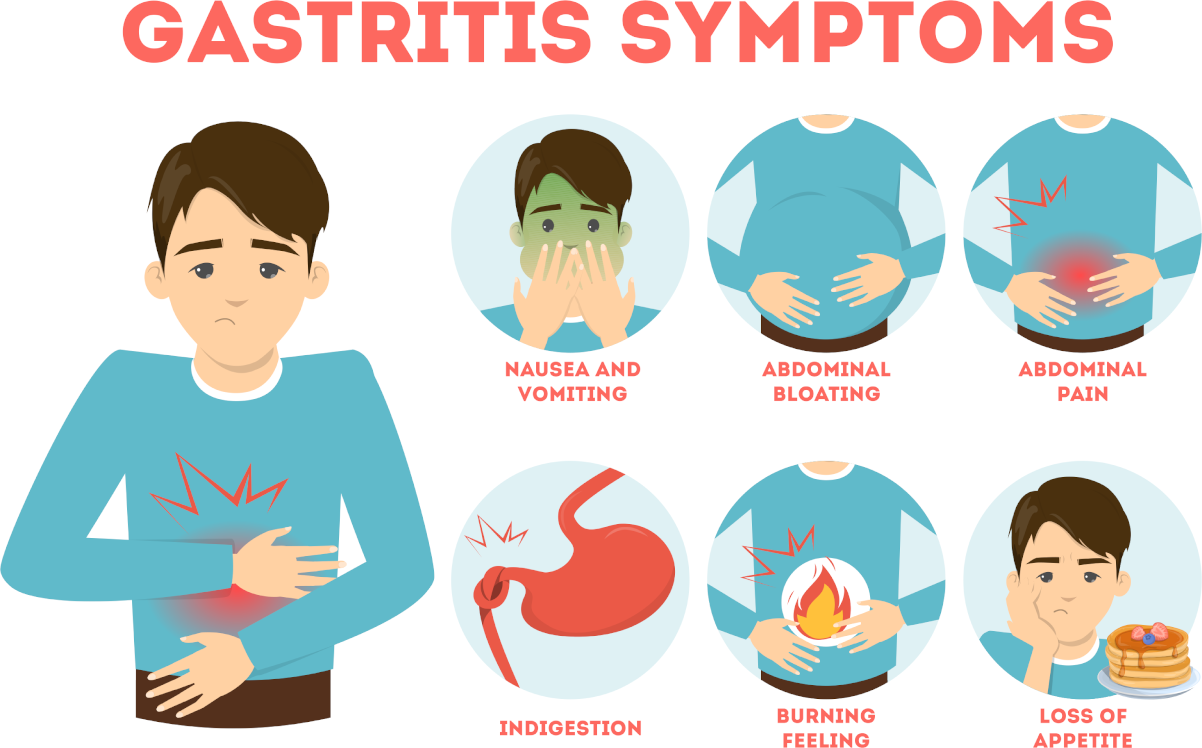Bacillus subtilis and licheniformis bacteria in the human intestine
Comment 1 5th June 2018 Benefits, Blog, General
Researchers initially found Bacillus subtilis and Bacillus licheniformis in the soil in Siberia’s ecologically clean region. Then researchers derived the new strains by modifying them with plasmid pBMB 105, which can produce interferon 2-alpha-leukocyte in humans.
Activities
Being a factor of nonspecific resistance of the body, it plays a controlling and regulatory role in maintaining homeostasis in the human body and has the following main activities:
- antiviral effect;
- suppresses the growth and development of intracellular infectious agents of a non-viral nature (chlamydia, rickettsia, bacteria, protozoa);
- antiproliferative activity;
- antitumorigenic and antimutagenic effects;
- antitoxic action;
- radioprotective effect;
- stimulates macrophages and enhances phagocytosis;
- enhances the cytotoxic effect of sensitised lymphocytes on target cells;
- increases the formation of surface antigens;
- enhances or inhibits the activity of many cellular enzymes;
- enhances the cytotoxic effect of double-stranded RNA
- suppresses or enhances the production of antibodies;
- activates natural killer cells;
- stimulates the release of histamine by basophils;
- increases the synthesis of prostaglandins;
- enhances the formation of histocompatibility antigens;
- suppresses delayed-type hypersensitivity.

Probiotic implant and colonic irrigation
Colon hydrotherapy with high-strength probiotic implant and comprehensive consultation is available at Parkland Natural Health Clinic.
Bacillus subtilis and Bacillus licheniformis bacteria as constituents of healthy microflora
To clarify, Bacillus subtilis bacteria and Bacillus licheniformis are not normal flora in microbial communities of humans and animals. In other words, they possess properties that enable the body to maintain microbicides at ecologically natural levels. Those properties optimise metabolism. They also supply the organism with biologically active and building substances, ensuring qualitative digestion of food. These species of bacteria have come from the environment into the gastrointestinal tract (GIT), the skin in the physical conditions. Currently, more than 3000 species of these bacteria are known.
Bacteria Bacillus subtilis and Bacillus licheniformis live in the digestive tract after entering for no more than 30 days, and after that, they leave the body naturally. This species of bacteria do not die in the stomach because it is highly resistant to gastric juice’s effects in spore form.

One colonic irrigation session including consultation
Colon irrigation and comprehensive consultation with a professional colon hydrotherapist registered with RICTAT and ARCH at the Parkland Clinic in Holborn. We use a closed system only—London’s best colonic hydrotherapy deal.
Effect
They transform into a vegetative form in the mouth and the small and large parts of the intestine. They also multiply there and produce biologically active substances in the environment. It also affects the growth and development of putrefactive, pathogenic, opportunistic microflora, E. coli. Moreover, other microorganisms restore the normal functioning of the microflora of the gastrointestinal tract.
The ability to suppress the growth and development of microflora of the above types of bacteria is made mainly by producing polyene antibiotics like bacitracin and licheniformins. Also, they indirectly optimise the functioning of the human and animal immune systems.
Irrigation of the intestine in our London clinic helps normalise the colon’s microflora. In doing that, we also prepare the best environment for probiotics. It may also help restore the body’s immune system properties.









